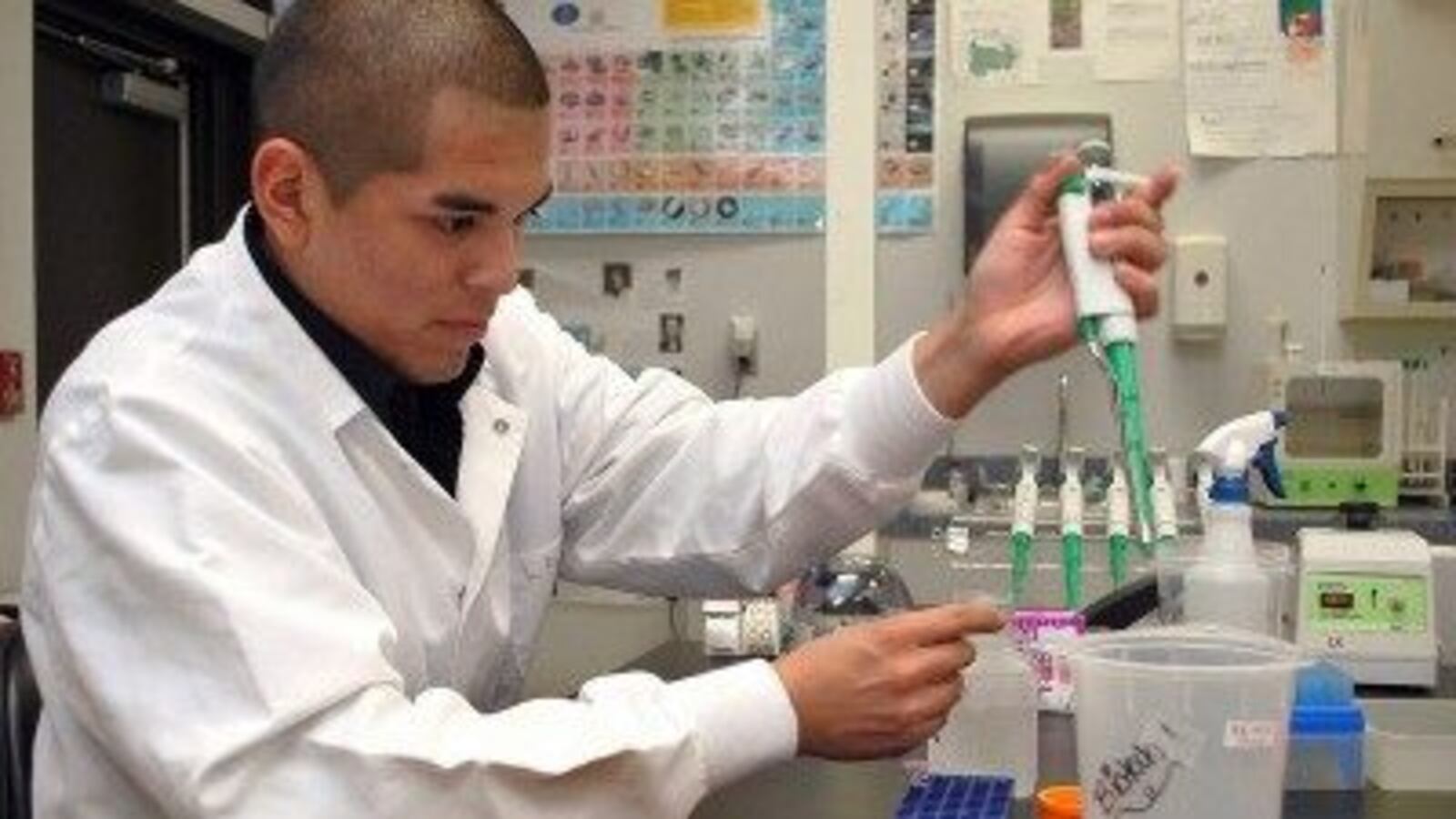A New York-based advocacy group is calling for paid summer internships for all high school students nationwide — a plan that would require expanding and revamping the city’s current summer jobs program.
Like many most youth job initiatives across the country, New York City’s summer youth employment program traditionally focused on keeping kids off the streets and out of trouble during the summer, explains the report, released Monday by the Community Service Society (CSS). Instead, the city’s program and others across the nation should offer paid internships that improve job skills and connect to a student’s course of study.
“The legacy of summer jobs is that they are they were always created as anti-violence programs, anti-this or anti-that, not pro-something,” said Lazar Treschan, author of the report. “[If] they do that, then they become something constructive rather than stopping something destructive.”
This report builds off another released earlier this year which called for universal summer internships in New York City specifically, and a recent Brookings Institution study that discusses the benefits of summer jobs, including reducing violence and improving academic outcomes. The Brookings study also notes that research has not yet linked them to improved employment outcomes.
While the previous CSS report focused on New York City, this study uses national data to justify a greater push for internships. Young people between the ages of 16 and 21 have much higher rates of unemployment than adults, and students from households earning less than $20,000 are far less likely to find a summer job than those in households earning over $100,000.
One key aspect of the proposal is the internships would be universal, meaning all students within a school, district or community would have the opportunity to participate. That helps ensure a student’s summer work experience is integrated with schoolwork and makes it easier for businesses to plan for a steady stream of interns, argues Treschan.
The goal is to match students with jobs through their own schools with assistance from community-based organizations. The report suggests $600-800 million each year as a “strong and sensible” initial federal investment to pilot the program.
Still, finding local internships could be easier said than done. A study from the Manhattan Institute this year highlighted the city’s lack of internships for career and technical education students. According to a 2015 survey from the Partnership for New York City, less than 2 percent of all New York CTE students had internships in 2014.
But Treschan maintains that the universal model can help solve that problem, too.
“If we had a universal program, where we knew [we had] X number of kids, providers would have an entire year to set up those relationships,” Treschan said. “It’s hard to create internship opportunities in two weeks.”

